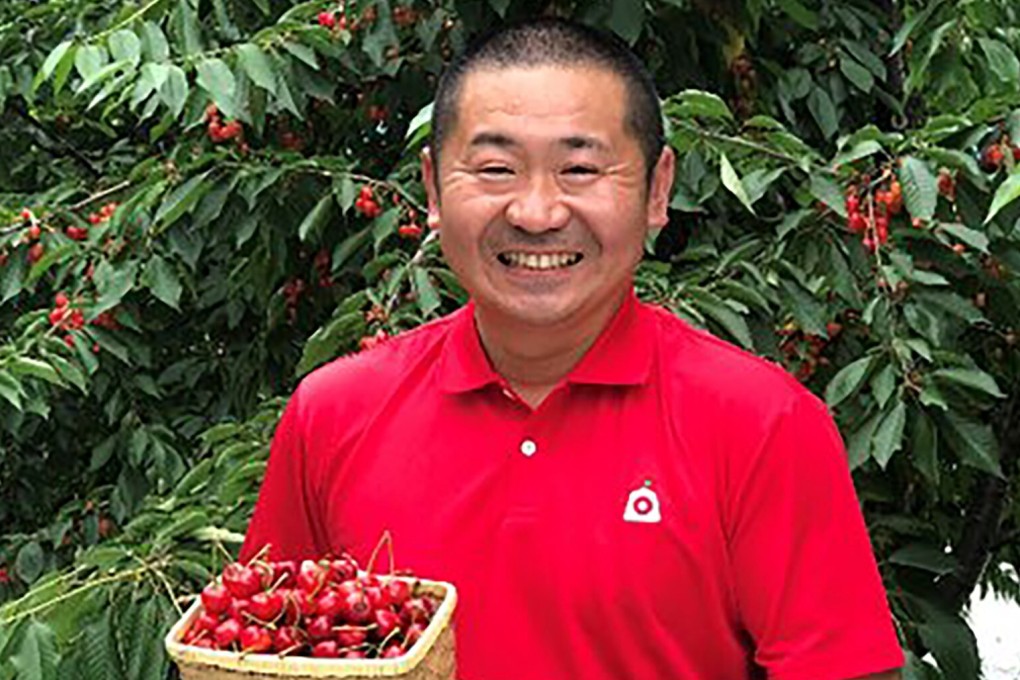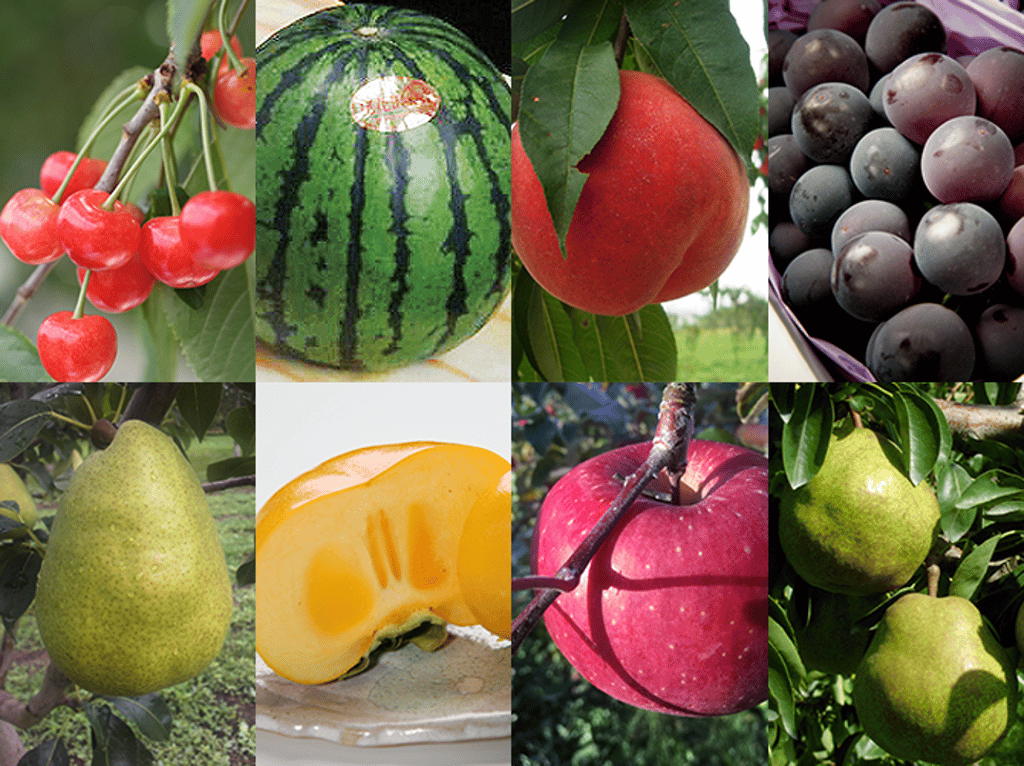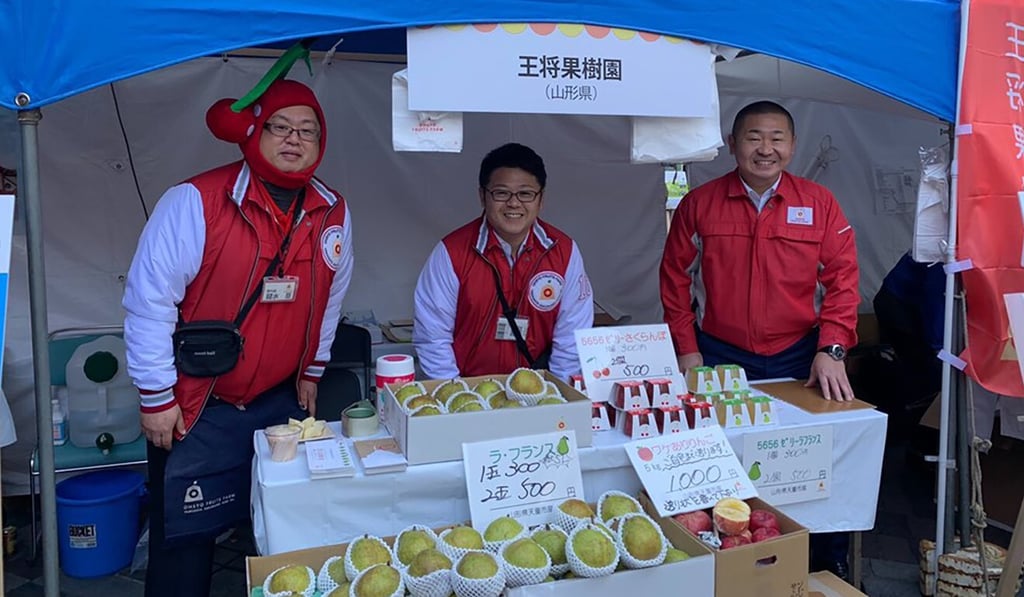Advertisement
In Japan, funny-looking fruit proves a virtual hit for one farm amid pandemic
- After a state of emergency imposed to curb the spread of coronavirus kept his usual customers away, Yoshitomo Yahagi had to get creative
- Instead of dumping the tonnes of substandard produce supermarkets would usually reject, he labelled it ‘wake ari’ and sold it online for cheap
Reading Time:3 minutes
Why you can trust SCMP

Not all the cherries that are picked at Yamagata Sakuranbo Farm, in northeast Japan, are perfectly round or uniformly red. The peaches and apples can be a little deformed too, while the grapes are sometimes slightly off-colour and the pears a bit wonky.
Such minor flaws and imperfections might be reason enough for a supermarket shopper to return their chosen produce to the shelf. But Yoshitomo Yahagi has come up with a novel way to sell the tonnes of odd-looking but perfectly edible fruit that he would have otherwise had to throw away, now that his farm is off-limits to day trippers owing to the coronavirus pandemic.

Advertisement
He markets his fruit as wake ari kudamono, which roughly translates as “there’s a reason why this fruit is so cheap”. A number of other wake ari products have cropped up in recent years in Japan, offering retailers a way of offloading substandard goods, often at a discount, onto consumers who are more worried about price than perfection.
Ayumi Sutoh, who works in the Yamagata Sakuranbo Farm shop, said it was common for Japanese people to only buy fruit that looks “just perfect” – especially because it is so often given as a gift.
Advertisement

Advertisement
Select Voice
Choose your listening speed
Get through articles 2x faster
1.25x
250 WPM
Slow
Average
Fast
1.25x